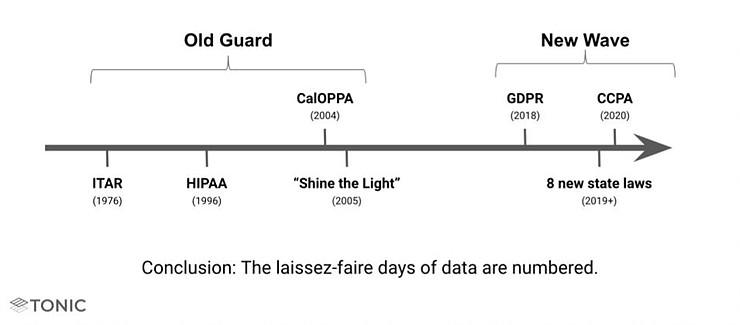Free vulnerability scan by the government for Japan netizens.
Can’t say it’s a bad idea, if it’s well-managed. The fact is there are a lot of devices out there which have default credentials or unpatched vulnerabilities. These devices usually end up being exploited by threat actors for personal gains. Ability to identify vulnerable devices is a necessary first step towards mitigating potential cyber incidents.
Japan will attempt to access Internet-connected devices in homes and offices to find their vulnerabilities. The first-of-its-kind survey is aimed at beefing up cyber-security.
Source: Govt. to access home devices in security survey – News – NHK WORLD – English


